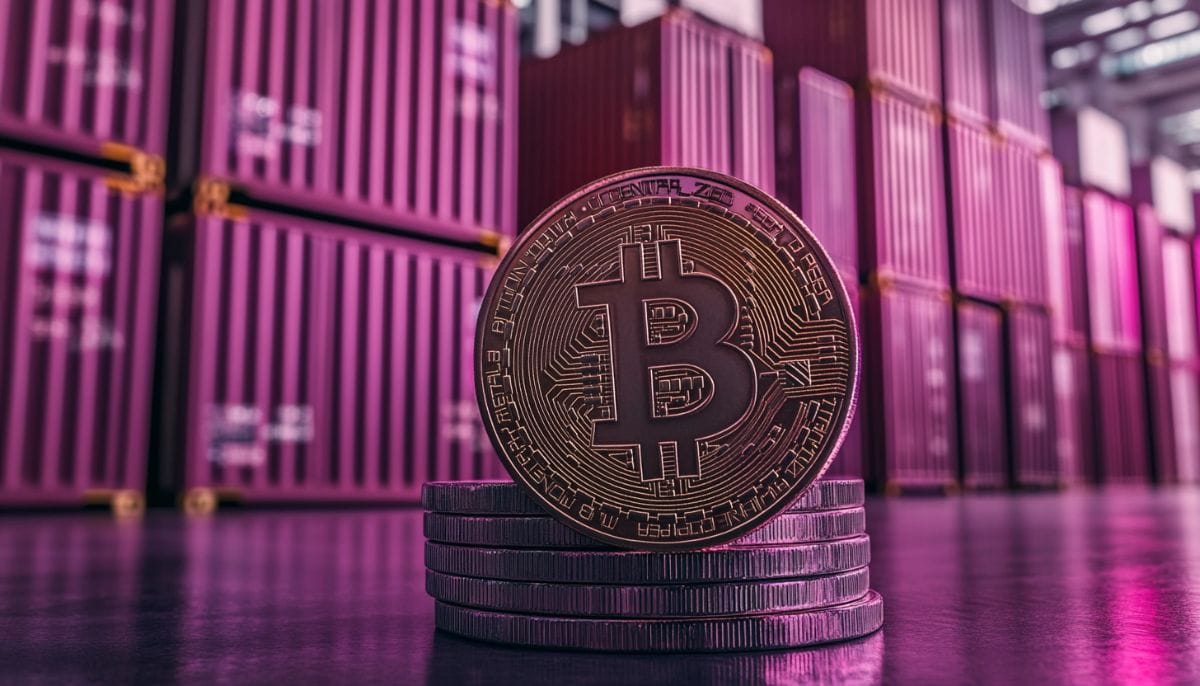The President of the Russian Union of Industrialists and Entrepreneurs, Alexander Shokhin, has called on the government to allow the use of cryptocurrencies and stablecoins in overseas trade. Speaking at the Eastern Economic Forum in Vladivostok, Shokhin emphasized the need to “remove barriers” in order to solve the ongoing problems with payments in foreign trade. He believes that Russian businesses should have the opportunity to use any reliable digital currencies in cross-border trade to facilitate transactions with overseas partners, especially in light of the economic sanctions imposed by the US, EU, and UK.
Russian businesses have been facing challenges in conducting business with foreign partners due to the restrictive sanctions regimes. Some companies have started using tokens like Bitcoin in cross-border trade, and a new law has recently come into force allowing firms to use cryptocurrencies as a payment tool in an experimental sandbox operated by the Russian Central Bank. However, many companies find these restrictions too limiting and are calling for the freedom to use any payment tools they see fit in cross-border trade.
Shokhin emphasized the importance of allowing businesses to use reliable digital currencies, including cryptocurrencies and stablecoins, in foreign economic activities. He also highlighted the need for Russian-made alternatives to SWIFT banking systems and emphasized the importance of cooperation between the RSPP and the Russian Ministry of Foreign Affairs to facilitate global trade. With global trade changes on the horizon, the Business 20 group has recommended that political leaders reconsider the way firms trade with each other, promoting sustainable and resilient trade and investment.
As preparations for the upcoming G20 summit in Brazil continue, the B20 has submitted its recommendations to political leaders, calling for a review of restrictive trade policies by G20 countries over the past three years. While the recommendations did not specifically mention cryptocurrencies or stablecoins, Shokhin believes that the adoption of blockchain-powered assets in trade could be beneficial. He stressed the need for Moscow to eliminate existing barriers in legislation, particularly in the taxation and currency control sectors, to promote crypto-powered business and international trade.
Crypto-related matters have taken center stage at the Eastern Economic Forum this year, with dedicated sessions on cryptocurrency and Bitcoin mining. President Vladimir Putin also mentioned crypto mining in one of his addresses, indicating the government’s interest in the sector. Additionally, a Russian government ministry has expressed its desire to allow miners access to surplus electrical power, further demonstrating the country’s growing interest in the cryptocurrency industry. Overall, the push for the adoption of cryptocurrencies and stablecoins in overseas trade reflects a broader trend towards embracing blockchain technology in global commerce.































